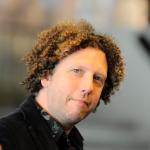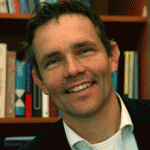Cortical microcircuits
We want to understand how events at the synaptic and cellular levels are involved in behaviour. To reach this goal, we take a multidisciplinary approach in which we combine electrophysiological recordings and imaging from single neurons and networks of neurons with behaviour. By using molecular interventions, optogenetics and assessing the consequences at different levels of organization, we try to get an understanding of the causal relationships between activity of synapses, neurons, neuronal networks, and cognitive behavior. In collaboration with the Neurosurgery department at the VU medical centre, we study the function of human neuronal circuits to test whether basic principles discovered in rodents hold in human cortical microcircuits.





